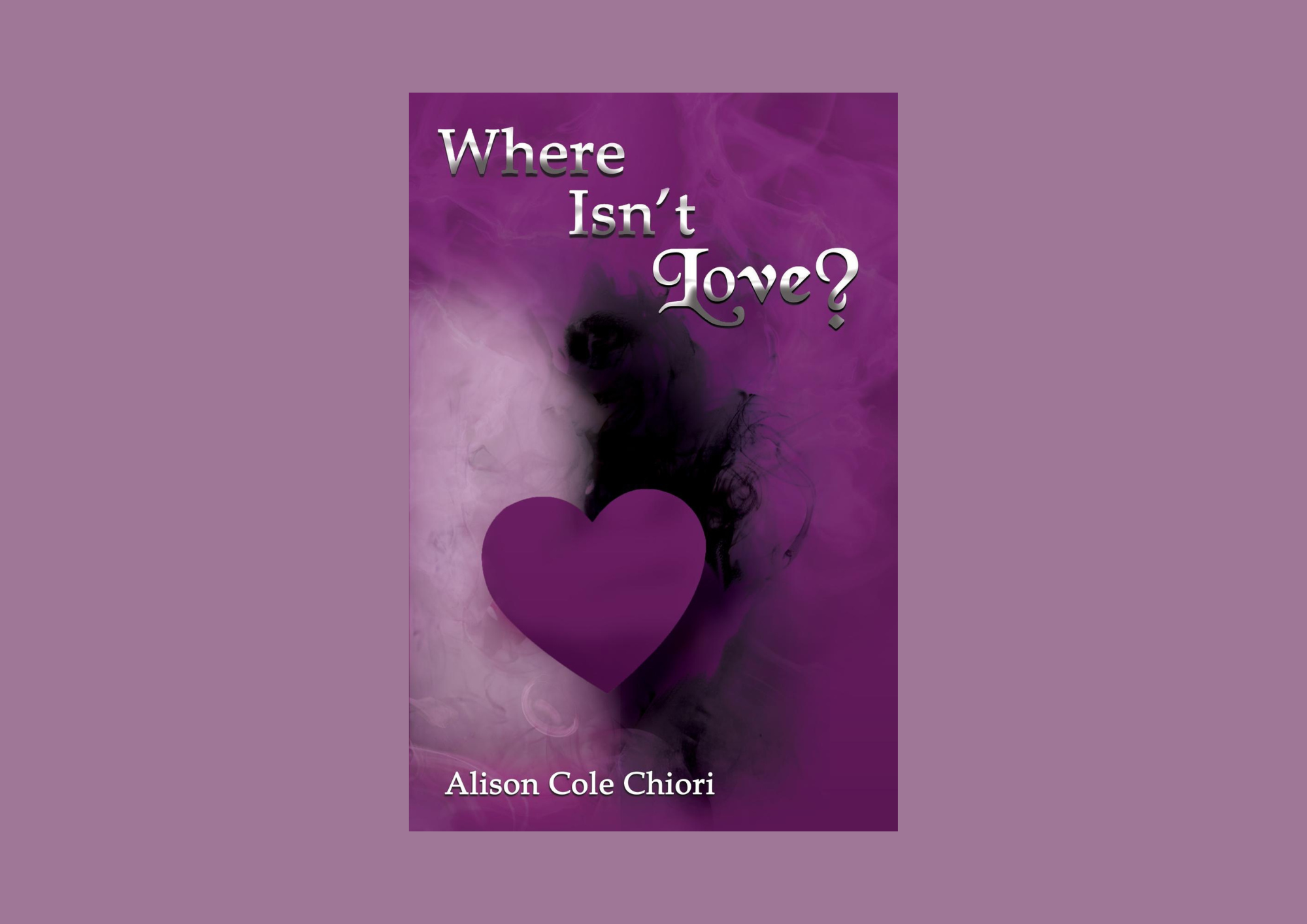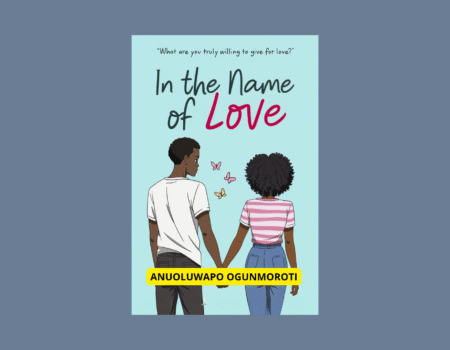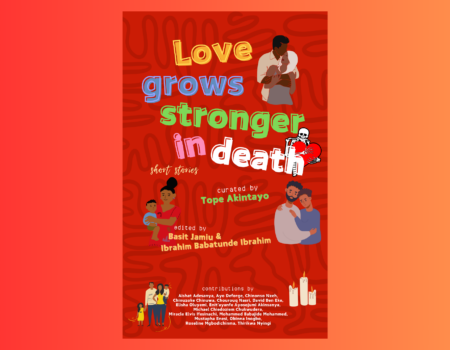Alison Cole Chiori’s Where Isn’t Love? is his second in the literary world, a searing and introspective collection that establishes him as a bold voice in contemporary poetry. Spanning 76 pages, this work fearlessly delves into the depths and contradictions of human love and desire.
From the outset in the titular poem, Chiori challenges conventional romantic notions, positing ‘even when it seems absent. Love hangs around in the most unusual places’. This suggestive opening situates love as something paradoxically omnipresent yet elusive. The poet’s gritty metaphors – love ‘having a fag in the corner whilst laughing at the occasional hate” – signal his unflinching exploration of love’s complexities and flaws’.
A central theme is the dichotomy between love’s highs and lows, raptures and agonies. Chiori recognizes in “Dichotomy” that “I’ve been on the bad and good side , I’ve also been stuck in love’s limbo.” His poetic voice embraces the full emotional spectrum, refusing to reduce love to simplistic binaries. He showcases his masterful use of metaphor and personification:
‘The head is the sun, always shining light on information until it becomes rational
…The heart may get so distracted by the surfers that they miss the scuba diver’.
Here, the mind represents cold rationality, naive to depths of feeling symbolised by the submerged scuba diver of the passionate heart. This tension between logic and burning desire permeates Chiori’s musings.
Crucially, the poet’s voice exhibits an unflinching candour in confronting vulnerability. In the gut-wrenching “You Cried, I Whimpered”, he admits
If only you knew how much of a coward I am…
The only difference is you were brave enough to show me how deep my words cut. I hid like a scared dog and whimpered.
This searing self-rebuke captures the raw insecurities love can provoke.
The word Love is an intense, deep affection for another person. Love also means to feel this intense affection for someone. Love can also refer to a strong like for something or to like something a lot. Where Isn’t Love? defines desire, relationships, and personal growth present in the lives of the generations back and forth!
Similarly, “Stranger’s Love” finds Chiori grappling with feelings of inadequacy and self-doubt despite his craft: “I still think writing is just the tip…I would still classify myself as a useless writer. One without magic, only words thrown about…” His poetic persona exhibits a remarkable lack of ego or pretence.
This distinctly introspective, confessional voice continues in poems meditating on past romantic experiences. “To Be a Better Lover” ruefully reflects
All my life I made the same mistake everyone should avoid.
I tried to form connections with the brain.
Using logic in place of the heart
This self-critique exemplifies Chiori’s poetic ethos of unsparing emotional honesty.
While probing love’s depths, Chiori exhibits an inventive flair for metaphor and imaginative turns of phrase. In “Lover’s Curiosity”, he elevates the ineffable experience of lovemaking:
“I told her an attempt to describe our sex with mere words would be a slap on her face…
I would need the gods to shapeshift her so she could feel what I’ve felt and see herself through my eyes.
Mere words cannot describe a feeling so supernatural.”
Equally powerful are the disarmingly frank depictions of love’s darker, violent side, as seen in “Bad Dinner”: “She went straight to the kitchen to grab a knife or scissors I couldn’t tell. I know it made me bleed…” These haunting vignettes pierce and unsettle, shining an uncompromising light on relationships’ most troubling aspects.
When I’m old and grey
Dying in my lover’s arms
she’ll ask me honey is everything okay
In my dying breath even when it hurts
I’ll say, it will be alright.
Through it all, the poet’s voice remains emotionally authentic, unafraid to delve into love’s murkier, more discomfiting territories.
While relatively brief, Where Isn’t Love? establishes Chiori as a captivating voice. His poems cast an unblinking eye on the heights and depths of romantic emotion. From searing critiques of masculinity to transcendent visions of spiritual connection, his work brazenly explores love’s most euphoric highs and devastating lows.
Chiori’s poetic sensibility exhibits an Afrofuturist impulse, looking both inward and ahead to possibilities of more liberating self-actualisation. As he writes in “Transmutation”, love is ‘a journey of light’ where ‘everything is interpreted differently’.
“Now I have to say I love you without opening my mouth.”
Ultimately, his willingness to confront harsh truths and vulnerabilities feels revolutionary, an embodied vision transcending reductive binaries.
Chiori’s Where Isn’t Love? offers a profound experience. His metaphorically rich verses feel both universal and distinctly personal. This collection showcases a poet of remarkable imaginative power and hard-earned wisdom. One eagerly awaits where Chiori’s poetic journey will venture next.






